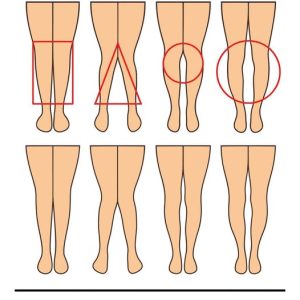Age Difference in Relationships: Beyond Numbers
Age gaps in relationships often spark debate, yet love rarely fits neatly into societal standards. While some couples are close in age, others span decades—challenging the idea that age defines compatibility.
What truly matters in lasting relationships isn’t the number of years between partners, but the depth of trust, respect, and shared values. Psychologists highlight both advantages and challenges in age-gap relationships. Older partners may bring wisdom and emotional stability, while younger ones can offer energy and fresh perspectives. Together, these differences can lead to balance and growth.
However, differences in life stages—like career plans or family goals—can cause friction. Honest communication and clarity about the future are essential for bridging these divides.
Historically, age gaps were common and often tied to social or economic factors. Today, as values shift toward independence and equality, age-gap couples may face increased scrutiny. Celebrity relationships often put the issue in the spotlight, reflecting society’s double standards more than the couples themselves.
Gender bias remains a factor. Older men with younger partners are often celebrated, while older women face criticism. Despite judgment, many couples thrive by focusing on their connection rather than outside opinions.
Ultimately, emotional maturity, mutual respect, and shared life goals matter more than age. Love, after all, is not about numbers—it’s about connection, resilience, and the willingness to grow together.




